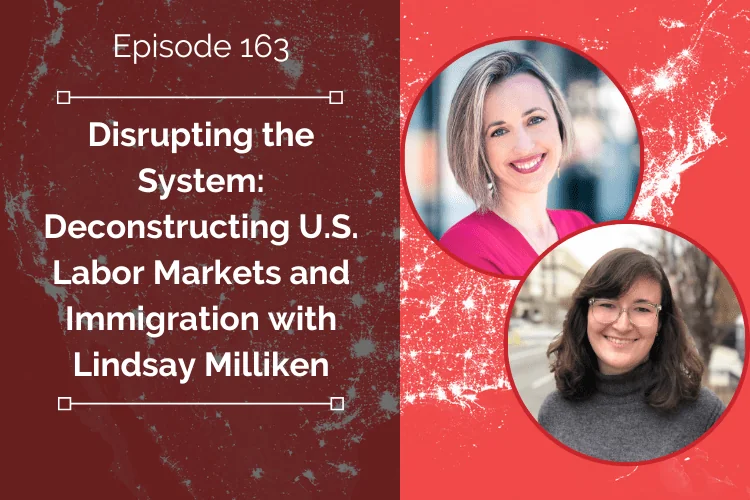The landscape of technology and innovation in the United States is at a pivotal crossroads. The key to unlocking the next wave of breakthroughs and advancements could very well lie in the hands of international tech talent, a resource that remains untapped due to outdated immigration policies.
Lindsay Milliken, an immigration fellow at the Institute for Progress, illuminated the potential transformation of America’s immigration system to harness this valuable asset.
Schedule A’s Impact on Immigration
- Schedule A, as part of the US immigration policy, is a list of occupations that bypass the labor certification process because there is a recognized shortage of American workers in those fields.
- Currently, it only includes physical therapists and nurses and hasn’t been updated since 1991, but Lindsay’s work at the Institute for Progress suggests updating it with in-demand tech roles could significantly streamline the process for high-skilled immigrants and support the tech industry’s growth.
- Updating Schedule A with relevant and in-demand occupations could transform the US into a more competitive hub for global tech talent by simplifying the hiring of international professionals in high-tech and startup industries. This has the potential to not only fill existing talent gaps but also drive innovation and economic growth in the tech sector, especially if it includes underrepresented regions, diversifying the workforce.
Measuring Labor Demand for In-Demand Occupations
- The proposed reforms to Schedule A would utilize real-time data and economic indicators to ensure the list reflects current labor market needs, thus benefiting sectors like semiconductors and high technology.
- This adaptive approach would align with national interests and ensure the immigration system is responsive to market changes, while also informing American job training and educational programs.
- The Department of Labor would be responsible for routinely updating the list of jobs in high demand, thereby ensuring alignment with shifts in the market and reflecting the current state of labor demand for these occupations.
The U.S. has the blueprint to unlock its innovation potential and foster a thriving ecosystem where international tech talent can flourish. It’s time for policymakers, business leaders, and the tech community to rally behind these transformative immigration policies, ensuring the U.S. remains at the forefront of global innovation.
If you want to learn more about Sophie Alcorn Podcast, check out https://www.alcorn.law/podcast/sap163




